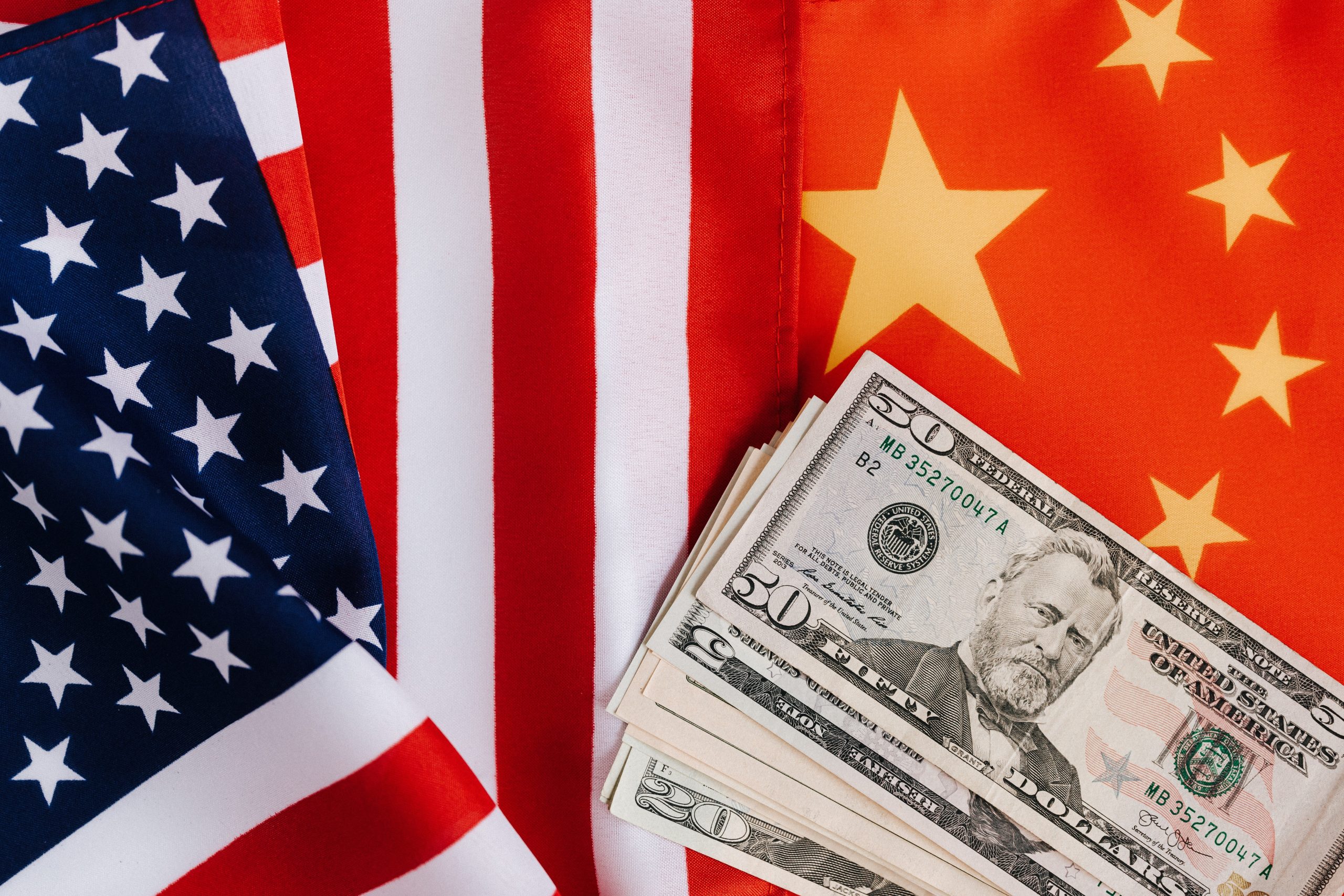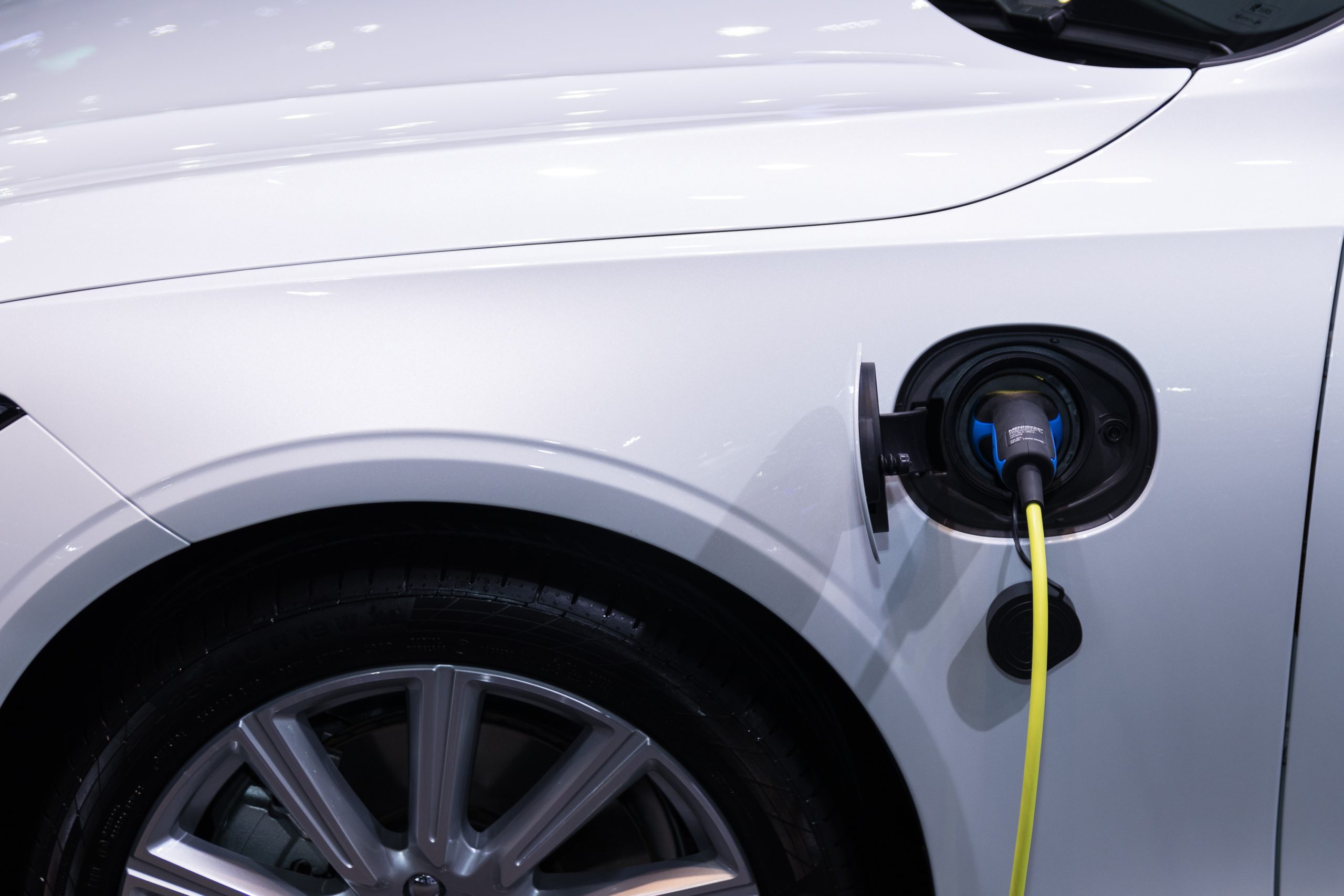Brazil and China are two economic powerhouses on opposite sides of the world, yet their trade relations have never been stronger. The recent visit of former Brazilian President Lula to China has rekindled hopes for even deeper partnerships between these two countries. In this blog post, we explore how Brazil is seeking to enhance its trade ties with China and what benefits this can bring for both nations.”
Background
Lula’s Visit: Brazil Seeks to Boost Trade Relations with China
Brazilian President Lula traveled to China this week in an effort to bolster trade relations between the two countries. The trip comes as Brazil looks for new markets to sell its goods, following a period of recession and high unemployment. In his speech in Beijing, Lula called for stronger economic ties between the two countries, saying that they could help promote “sustainable development” and “a better world.” According to the Brazilian News Agency Agencia Brasil, Chinese officials welcomed Lula with open arms and promised increased investment in Brazilian agriculture, energy, and telecommunications sectors. Brazil is China’s sixth-largest trading partner, with bilateral trade valued at $47 billion last year.
Highlights of Lula’s Visit
Since taking office in 2003, Brazil’s president Luiz Inacio Lula da Silva has worked to improve relations with China. On July 9, Da Silva traveled to Beijing to discuss increased trade and investment between the two countries.
In a joint press conference announcing the trip, Da Silva said that both China and Brazil “need each other” and that the two countries have much to offer one another. He also stressed the importance of cooperation in areas such as development, environmental protection, and trade.
Da Silva is expected to sign a number of agreements during his trip, including deals on air traffic control and agricultural production. The agreements are expected to strengthen Brazilian-Chinese ties and create jobs in both countries.
Implications for Brazil and China
Lula’s visit to China has focused on boosting bilateral trade and investment. Brazil seeks to increase exports to China by up to 50 percent in the next five years and imports from China by up to 30 percent. The two countries have also agreed to cooperate in a number of economic sectors, such as transportation, agriculture, and energy. Lula’s visit comes at a time when the Brazilian economy is recovering from a two-year recession.
China is Brazil’s second-largest trading partner after the United States, and the two countries have signed over $80 billion in bilateral trade since 2002. Exports from China to Brazil totaled $24.4 billion in 2012, while imports from Brazil amounted to $18.9 billion. The Chinese market is particularly important for Brazilian companies because it is one of the world’s fastest-growing economies and has been seeking to diversify its export markets. In addition, both countries are members of the BRICS group of emerging economies, which provides opportunities for cooperation in global initiatives such as the World Bank and IMF.
Conclusion
With Brazil hosting Chinese President Xi Jinping this week, bilateral trade and investment ties are expected to be high on the agenda. The visit follows a number of landmark deals signed between the two countries in recent years, including a $40 billion lending agreement and investments in renewable energy. Brazil is also seeking to diversify its exports away from traditional commodities such as soybeans and iron ore and toward more sustainable goods such as leather products. China is likely to offer fresh financing for Brazilian projects and expand trade opportunities in areas such as agro-commerce, tourism, mobile technology, and financial services.










